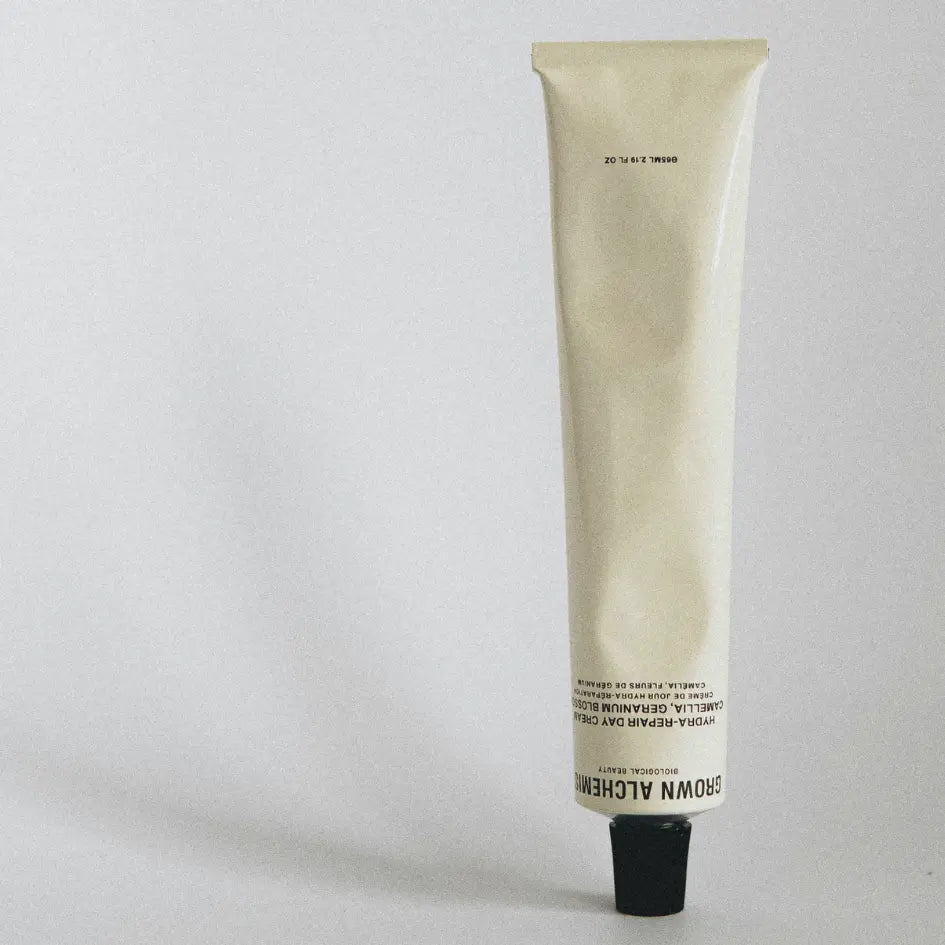Brixy
Our ratings are based on a scale from 1 (Avoid) to 5 (Top Choice).
See how we rate.
The Shifting Gaia rating evaluates brands based on sustainable practices, ingredients and materials, and social responsibility, among others. Below are a few factors influencing this brand's score:
overview
about
Brixy makes solid shampoo, conditioner, and body bars packaged without plastic. Highlights
• Plastic-free bars
• Palm oil free
• Water-saving formulas
• Cruelty-free & vegan
• Tree planting nonprofit
sustainability
details:
Packaging
All products are sold in 100% plastic-free packaging, using Forest Stewardship Council (FSC) certified paperboard that comes from sustainably managed forests. The paper boxes are printed with eco-friendly vegetable-based inks and contain no plastic coatings, making them easily recyclable or home compostable.
Even Brixy's accessories are chosen with longevity and sustainability in mind. The Beauty Bar Travel Cases are made of durable silicone (not conventional plastic).
Ingredient Sustainability
Brixy formulates its products with an emphasis on renewable, plant-based ingredients and avoids materials linked to deforestation or fossil fuels. For example, the Brixy Citrus Shampoo Bar is made with coconut-derived cleansers. These gentle surfactants are noted to be readily biodegradable and are a common “green” choice in solid cleansers.
Brixy's formulations are palm oil-free, meaning no palm-derived oils are used, thus avoiding contribution to rainforest destruction.
The one area for slight improvement is the use of a few synthetic additives necessary for performance. For instance, the conditioner bar includes a polyquaternium conditioner polymer and a PEG-based emulsifier (ceteareth-20). These ensure efficacy but are not bio-based and may not biodegrade as readily.
Energy Use and Footprint
By offering waterless solid bars, Brixy drastically cuts the resources and carbon emissions associated with traditional liquid products. Additionally, eliminating plastic packaging avoids the significant fossil fuel and energy inputs required to produce plastic bottles.
However, Brixy has not yet announced specific data or targets regarding its manufacturing energy sources, carbon emissions, or facility operations. The brand is based in San Diego, and while we don't have details on whether its production facility uses renewable energy or carbon offsets, Brixy's CEO has acknowledged the need to “take concrete actions to reduce our carbon footprint and implement sustainable practices at every step.”
Waste Management
The very concept of Brixy's bars tackles waste upstream: no more leftover product in bottles and no disposable containers heading to landfills. After use, a Brixy bar simply disappears (used up entirely), leaving behind nothing but a small compostable box.
One notable aspect is Brixy's attention to water conservation. Because the bars are waterless, Brixy not only saves water in the product itself but also reduces the water footprint associated with manufacturing large batches of diluted liquid products. The brand highlights that by formulating without excess water, they have saved over 177,600 gallons of water (as of mid-2025).
Business Model
Brixy's business model is deliberately crafted to promote mindful consumption and reduce the cycle of overuse. First, the brand maintains a curated product line rather than rolling out endless seasonal launches. The brand's marketing and educational content double down on this ethos: Brixy's tagline is “Better Bar. Better Planet,” and their communications urge consumers to “purchase with intention” and align their buying with their values.
non-toxic
details:
Brixy's formulations are designed to be safe and non-toxic for human use, with a strict blacklist of harmful chemicals. Parabens, phthalates, sulfates (SLS/SLES), PEGs, ethanolamines (e.g. DEA/TEA), formaldehyde-releasing preservatives, triclosan, and synthetic dyes or fragrances are all forbidden in Brixy products. In fact, Brixy prides itself that you “won't find the word ‘fragrance/parfum' anywhere” on their labels, because they fully disclose every scent ingredient and avoid the usual secretive fragrance mixtures that can hide allergens.
social responsibility
details:
The company sources “the best ingredients possible” and packages products in the USA (San Diego headquarters), suggesting they likely work with reputable suppliers for materials like coconut oil, shea butter, and waxes. For example, their use of fairly benign supply chains (coconut-derived ingredients, no conflict palm oil, etc.) reduces the risk of labor exploitation that can occur in controversial industries. However, Brixy does not publicly detail its labor standards or any third-party audits of factories.
All of its products are 100% cruelty-free and vegan, as verified by trusted third parties. The brand is certified cruelty-free by the Leaping Bunny Program, meaning none of its formulations or ingredients are tested on animals at any stage.
Most notably in terms of community engagement, the founders established a non-profit organization called ECOEVO in parallel with the business, to give back to the planet. Through ECOEVO, Brixy leads tree planting sessions and provides seeds to restore natural habitats, aiming to “bring back the natural beauty and health of habitats” in areas impacted by climate change or degradation. The brand has committed 1% of all sales to ECOEVO to fund these efforts.


